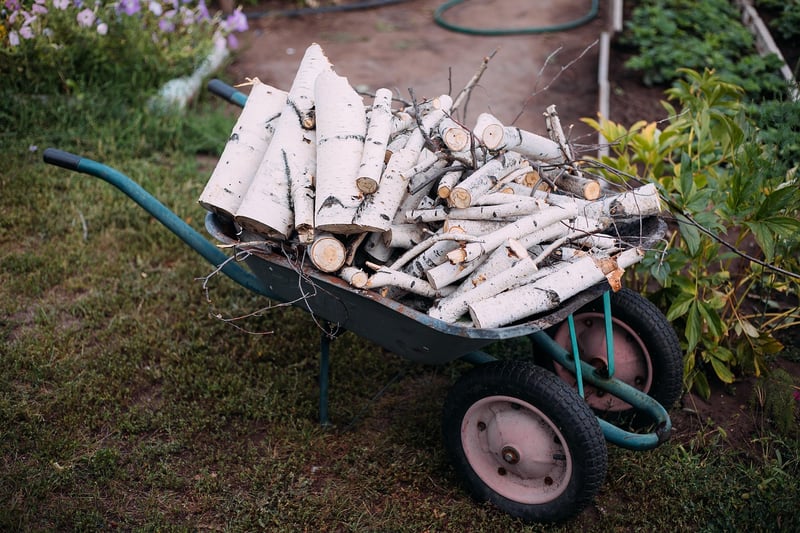Troubleshooting
Connect with Other Gardeners and Troubleshooting Tips
Welcome to our guide on connecting with other gardeners and troubleshooting common issues in your garden. Gardening is a rewarding hobby that allows you to connect with nature and grow beautiful plants. However, it can sometimes be challenging, and that's where a supportive community of fellow gardeners can come in handy. Here, we'll explore ways to connect with other gardeners and provide tips for troubleshooting common gardening problems.
1. Join Gardening Communities
One of the best ways to connect with other gardeners is by joining gardening communities both online and in your local area. Online forums, social media groups, and gardening clubs can provide a wealth of knowledge and support from experienced gardeners. You can share your successes, ask for advice, and learn from others' experiences.
2. Attend Gardening Events and Workshops
Attending gardening events and workshops is another great way to meet fellow gardeners and expand your gardening knowledge. Look for local gardening events, plant swaps, or workshops where you can connect with like-minded individuals and learn new gardening techniques.
3. Visit Garden Centers and Nurseries
Local garden centers and nurseries are not only great places to buy plants and supplies but also to connect with other gardeners in your community. Strike up a conversation with staff or fellow customers, exchange tips and tricks, and even form gardening groups or clubs in your area.
4. Troubleshooting Common Garden Problems
Despite your best efforts, you may encounter common garden problems such as pest infestations, diseases, or plant nutrient deficiencies. Here are a few troubleshooting tips to help you address these issues:
Pest Infestations
- Identify the pest causing the issue.
- Use organic pest control methods whenever possible.
- Encourage natural predators like ladybugs and lacewings.
Plant Diseases
- Practice good garden hygiene to prevent the spread of diseases.
- Remove and destroy infected plants to prevent further contamination.
- Avoid overhead watering to reduce humidity levels and prevent fungal diseases.
Plant Nutrient Deficiencies
- Identify the specific nutrient deficiency based on symptoms like yellowing leaves or stunted growth.
- Adjust soil pH and add organic fertilizers or amendments as needed.
- Monitor plant growth and make adjustments accordingly.
By connecting with other gardeners and staying informed about common garden issues, you can overcome challenges and enjoy a thriving garden. Remember, gardening is a continuous learning process, and there is always something new to discover and explore in the world of plants and flowers.

Happy gardening!
